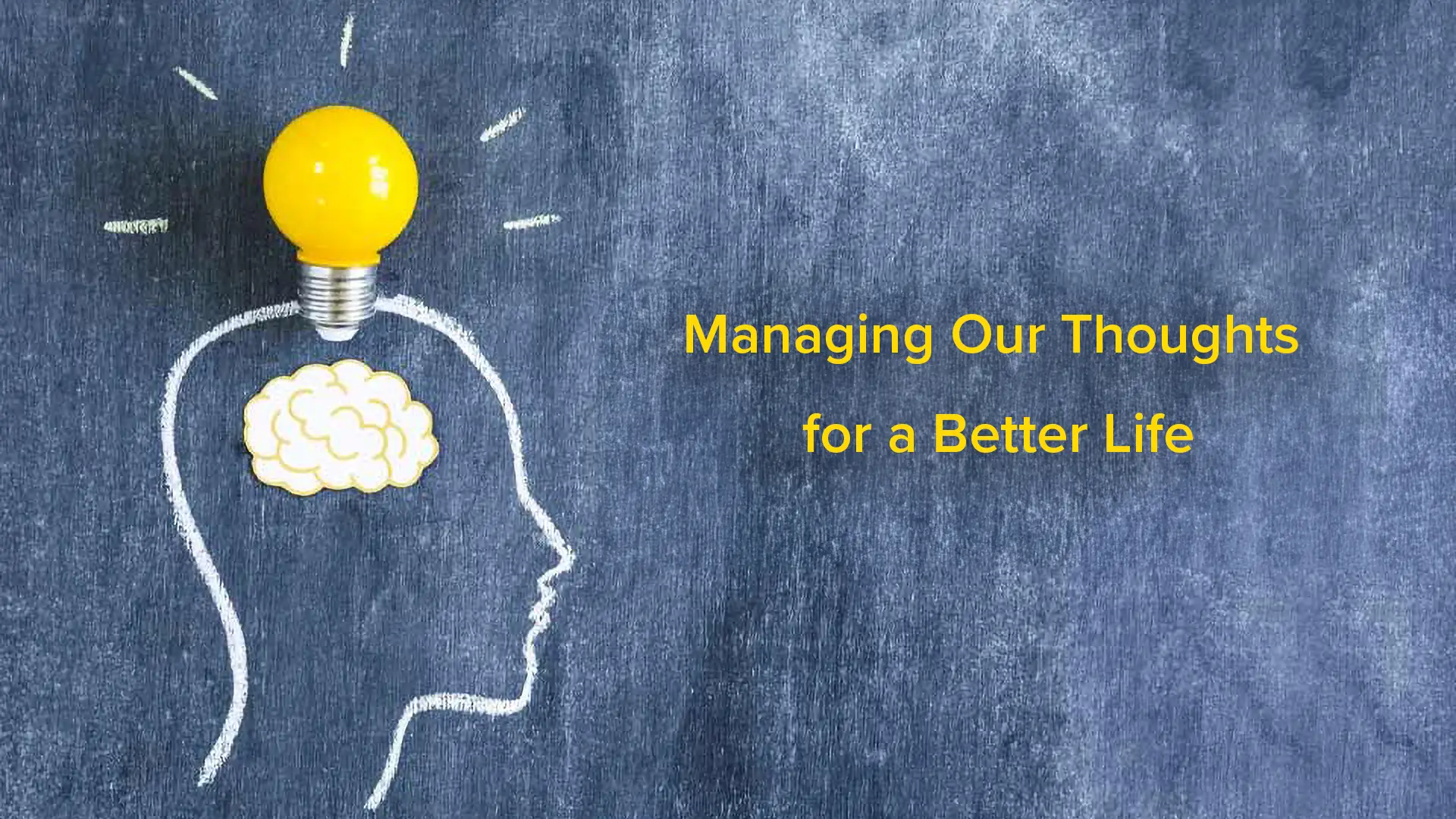As we strive to improve the quality of our experiences, achievements, and relationships, we realise the importance of the mind. It creates our perceptions of happiness and distress. If it goes astray, it robs our inner joy and drags us into a cesspool of miserable thoughts and feelings. But if effectively trained, it becomes our most extensive resource of positive attitudes such as optimism, contentment, tolerance, determination, and joyfulness. That is why the Vedic scriptures have called it the cause of bondage and liberation.
The Inner World of Our Mind
Most are unaware of this fact and struggle with the world, holding it responsible for their woes and despairs. Little do they realise that this is not the only world worlds that exist. There is another one within us: the inner world of our mind. It consists of our desires, attachments, hankerings, lamentations, fears, and aspirations. It influences how we perceive situations in the outer world. Thus, there are two realities: the objective reality of the external world and the subjective reality we perceive through the lens of our mind. In the same external situation, one creates a cheerful reality for herself.
Often, people are so obsessed with battling circumstances in their lives that they forget to work on improving their minds. If instead, they applied themselves to overcoming their inner defects and developing noble virtues, they would find an infinitely resourceful and infallibly trustworthy friend within themselves. That is why if we can dedicate even a little of our time to learning the art of managing our minds, we will reap rich dividends in any field of human endeavour where attitudes play a significant role.
The Need for Mind Management
We all wish to improve the quality of our life. We want to feel joyful and happy. We hope to be productive and make a positive difference in the world. In short, we all seek to be better human beings. An auto-script embedded within us inspires us to be more perfect—more Godlike.
“I have been insulted! I have been hurt! I have been beaten! I have been robbed! Anger does not cease in those who harbour this sort of thought. I have been insulted! I have been hurt! I have been beaten! I have been robbed! Anger ceases in those who do not harbour this sort of thought” (Dhammapada 3, 4)
If someone accidentally throws a stone at us, it may hurt for a few minutes, but by the next day, we will have forgotten about it. However, if someone says something unpleasant, it can agitate us for years. And if we can eliminate such thoughts, we experience sublime peace. Given this power of thoughts, where they can guide us down a path of pain and misery for years, it becomes important we spend some time trying to understand them.
What are thoughts?
They are subtle bundles of energy created in the factory of the mind. The atmosphere around us is full of energy waves. These are not visible to the naked eye. However, if we take a radio and start turning the channel tuner, radio stations appear quickly, proving their existence. The waves are all there, though we cannot see them. Similarly, thoughts are subtle waves generated by the mind.
Our thoughts impact us in multiple ways. According to Dr Daniel Amen, author of the best-seller Change Your Brain, Change Your Life, “your body reacts to every thought you have.” In other words, though thoughts are created inside the mind, they work like a chisel on our external physical appearance. This is why we look at someone and remark, “Stay away from him. He seems to be a very angry guy.” Or we look at someone else and say, “She seems very simple. We can rely on her.” In either case, the thoughts we harbour within our minds sculpt our physical appearance.
Thoughts fructify into actions. They are the internal seeds from which all actions spring. It is an elementary principle. Good thoughts fructify into good actions, and evil thoughts fructify into bad actions. The above examples demonstrate how illness is caused not only by viruses and bacteria but also by the negativities harboured in mind. Thus, a mere physical cure for a medical condition is not enough. True health requires managing the mind along with taking care of the body. The World Health Organization (WHO) defines health as “a complete physical, mental, and social well-being, and not merely the absence of disease or infirmity.” The Need for Mind Management acknowledging the mind-body connection.
Unfortunately, in the commotion of life, we often put the management of our mind on a backseat. At the same time, we passionately pursue external success, not realising that inner victories are the basis for outer accomplishment.









What our Participants say